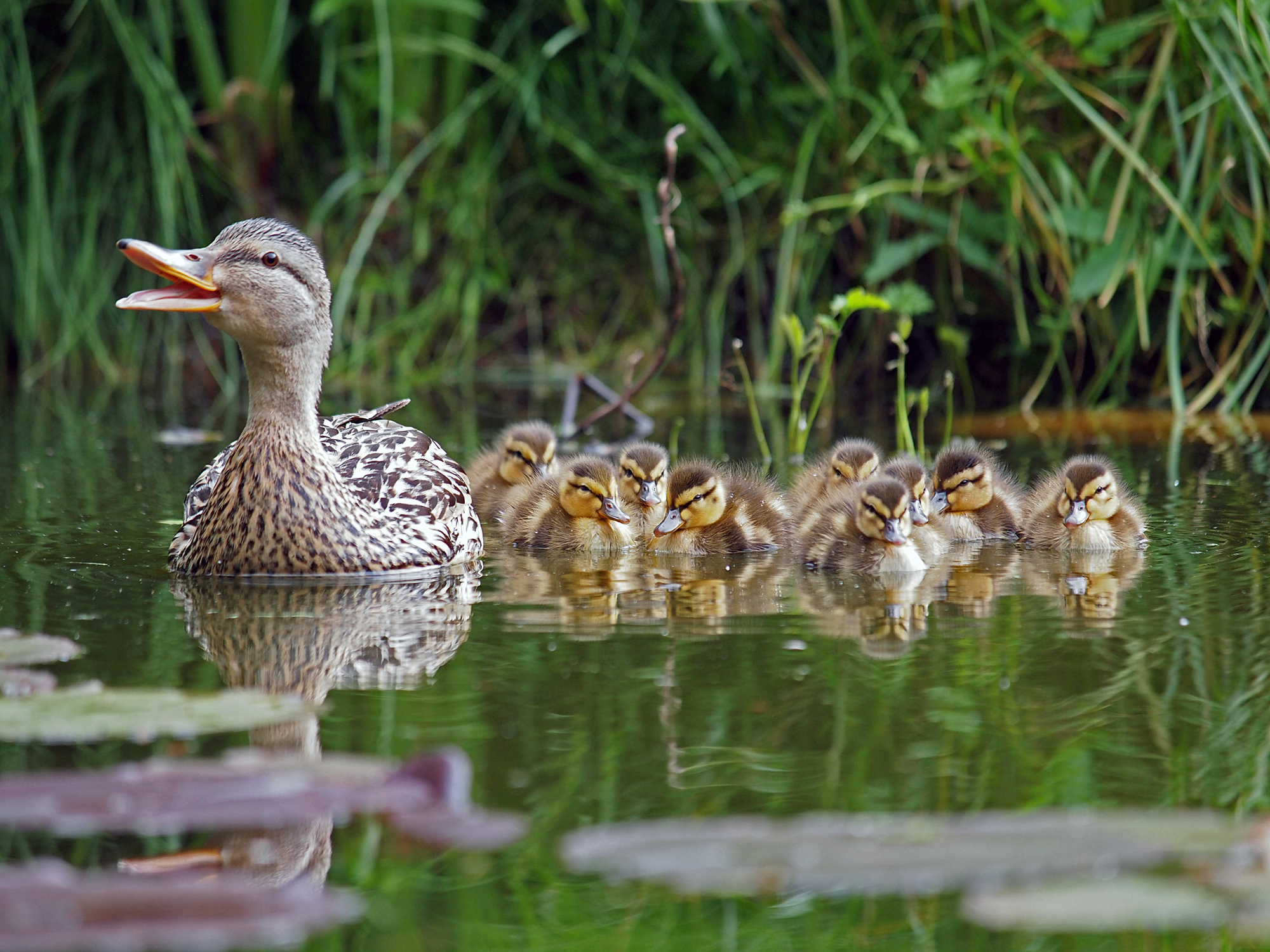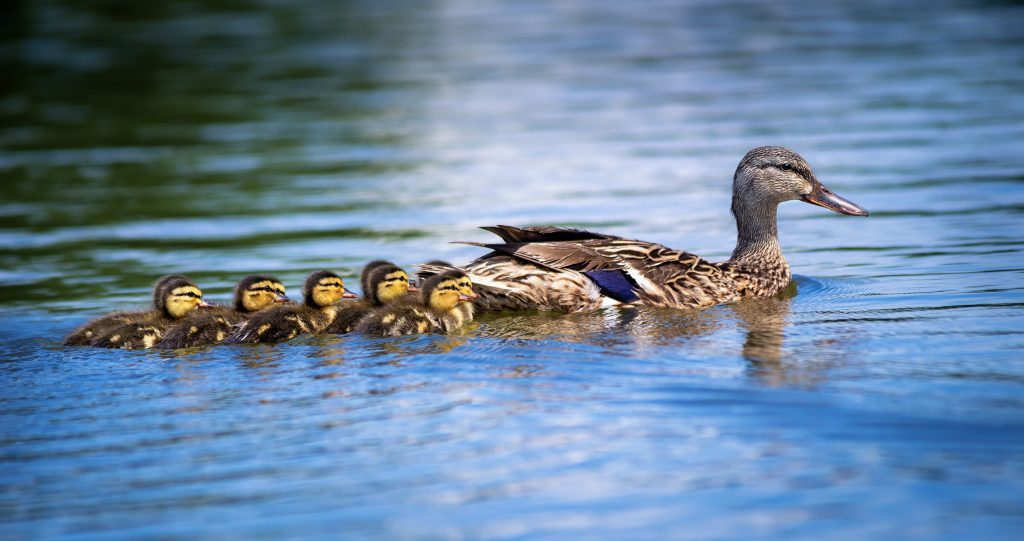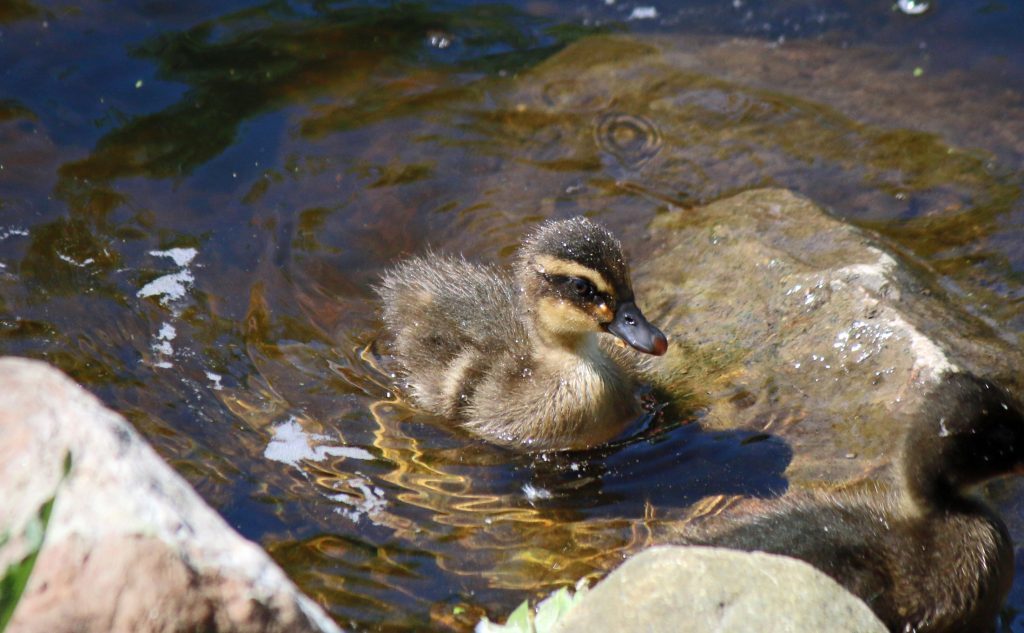It’s a jungle out there – and no more so than for the mother mallard and her troupe of ducklings out on the rocky foreshore near Elie on the East Neuk.
One duckling had become slightly separated from the rest of the clan when in the blink of an eye a crow swooped down and snatched the youngster away, gripping the little bundle of fluff firmly in its powerful beak.
The drama was over in a second and all the mother could do was to quickly shepherd her remaining brood through a maze of rock pools and away to safety. That’s nature I suppose, but my wife and I were shocked by the finality of it all, the cruel twist of fate that had given this little duckling the shortest of lives.
Of course, the inevitability of predation is why ducks have such large broods, and as long as one or two can survive to adulthood, then the breeding season will have been judged a success.
The seashore is a dangerous place for young birds, especially since there will also be numerous patrolling gulls on the look-out for an easy meal. Eider ducklings in particular can suffer a terrible toll on our east coast beaches. As a means of keeping losses to an acceptable level, the mother eiders often organise their youngsters into large crèches where there is safety in numbers.
This stretch of the Fife coastal walk between Elie and St Monans is a marvellous place to be, and although saddened by the demise of the duckling, our spirits were soon lifted by the numerous wildflowers by the path side. There were cowslips, tufted vetch, scurvygrass and birds-foot trefoil.
Rain was falling, which brought out an unusual abundance of snails, both garden snails and banded snails, which have a more coloured and patterned shell. The conditions were ideal for them and on several occasions we came upon mating snails locked together in a passionate molluscan embrace. Each creature possesses both male and female sex organs and sperm is passed from each snail to the other, and both will lay eggs.
A nuthatch visited our garden in Strathdevon last week, the second one to do so in as many years. As I watched it spiral its way up an ash tree, its stout beak probing the bark, I reflected upon the changes there has been in our wildlife over a comparatively short period.
Nuthatches are recent avian colonisers to Scotland from England, but there have been several other exciting additions to our fauna too, some arriving under their own steam and others with the helping hand of man. Who would have thought a few decades ago that red kites, sea eagles, little egrets, comma butterflies and beavers would all now be part of the Scottish nature scene?
I wonder what the future holds and which species will be in the next round of winners and losers.
Info
Mother ducks, like many other ground-nesting birds, often perform a ‘broken wing’ act if a predator approaches her nest or brood. This is designed to distract the predator and lure it away.












